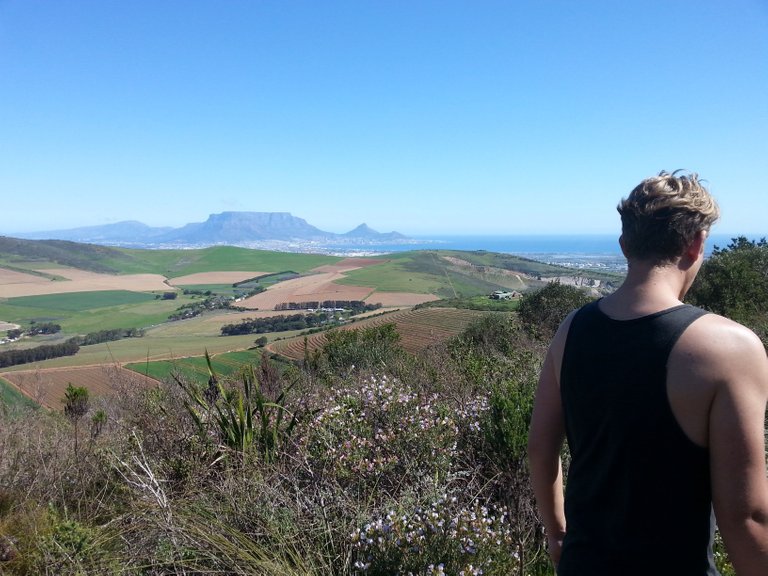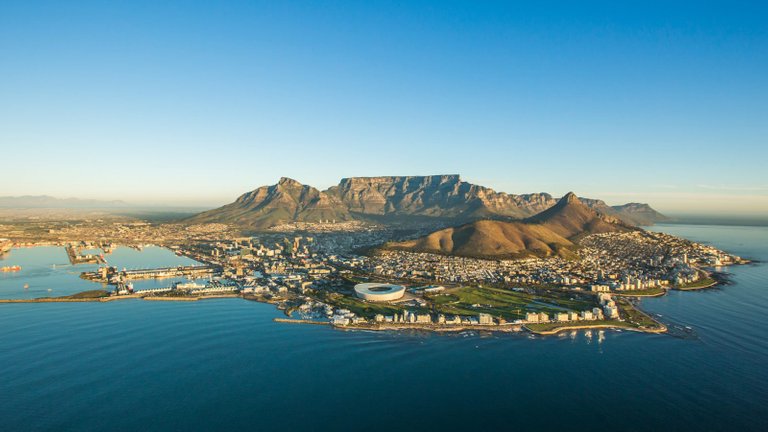After officially introducing myself with my very first "who am I" post to the steemit community, I thought it appropriate to share one of the things that is dear to me, and that is my home...

South Africa
Since I can remember I have been totally and utterly intrigued by the natural world that surrounds us. Being born on the continent of Africa naturally made my natural surroundings ever the more wild and exciting than other parts of the world where human pressures have decreased or removed wild spaces and their wild inhabitants! But unlike the common view of an Africa where lions roam the streets, elephants casually pick tropical fruits from our gardens, and the local children go to school on zebra-back (okay I know this last view is probably a total over-exaggeration and a creative and cool-nice-to-imagine fabrication of my own mind), I live in a much different part of Africa known as the Republic of South Africa. (Just a heads-up for non-Africans: South Africa is a country and not merely the southern "area" of Africa, in the likes of the American Midwest or Eastern Europe).
South Africa is a diverse nation with a whopping 11 official languages and many different cultures and diverse landscapes of wilderness and man-made agricultural habitats. Don't get me wrong, there are parts of South Africa where I would most definitely not go for a leisurely midnight stroll on my own because of the good chances of being eaten by a lion or trampled by an elephant, but much of my native South Africa has changed over time into a "modern Africa" far removed from the scary dark continent that it was once thought to be. Into this country I was born in the southernmost city in Africa - Cape Town, aka "The Mother City".

Cape Town
Here in the southernmost corner of the African continent lies the City of Cape Town on the shore of Table Bay in the Atlantic Ocean and in the shadow of the picturesque bastion of Table Mountain. It contains first-class urban areas with a perfect mix of African, European and Asian influences. The first people to inhabit the shores where Cape Town now stands were the San Bushmen people, who were themselves shortly followed by the Khoikhoi cattle herding peoples from Botswana. By the year 1488 the first Portuguese seafarers came to port in Table Bay to resupply their ships with meat, greens and water from the foot of Table Mountain, or Camissa (meaning "the place of many waters") the ancient name for the mountain that stands in the sea. In the year 1652 the Dutch East India Company sent Jan Van Riebeeck to settle in the shadow of Table Mountain in order to establish a "half-way station" for fresh supplies between Europe and the East Indies. Later the bustling Dutch town with Indonesian, Malaysian, and Madagascan slaves were annexed by the British crown and became the British Cape Colony.
From these early days the majestic city of Cape Town came to be established firmly on the African soil, but as it did it became ever more removed from the quintessential African wilderness that comes to mind whenever the word Africa is mentioned. With time the Afromontane forests were reshaped into ships, their elephant inhabitants slaughtered for their ivory, the grassy hills transformed into golden hues of wheat and green rows of some of the world's finest vineyards, and the wildlife populations reduced, fragmented and eventually wiped out in this part of Africa.
Here I was born into an altered and man-made landscape with reminiscent remains of what the former wilderness once was. But growing up in this cultural end environmental landscape has formed me and shaped me into a "wilderness warrior" as I fight to protect, conserve and restore the lost wilderness of the Cape.
Awesome place to live my son.